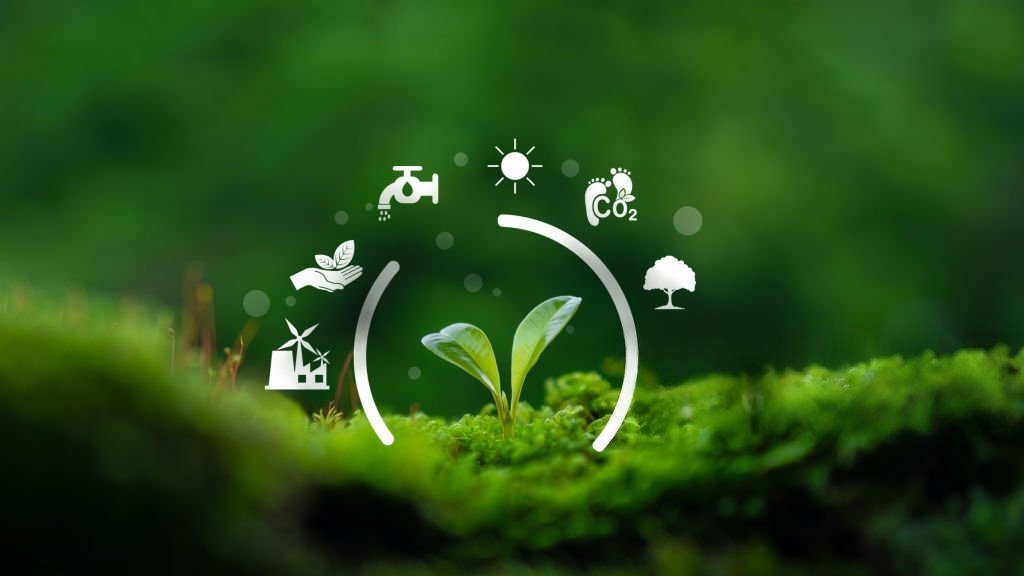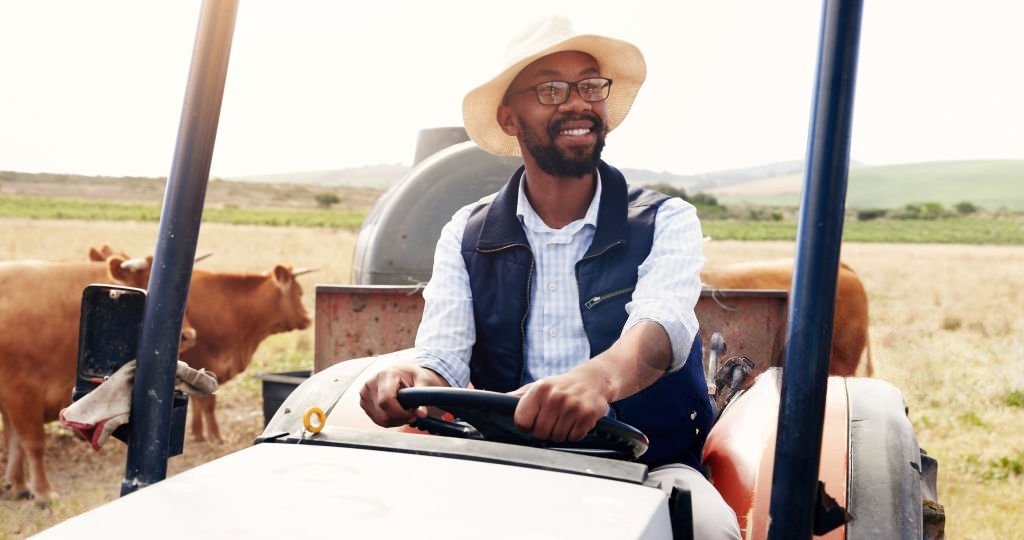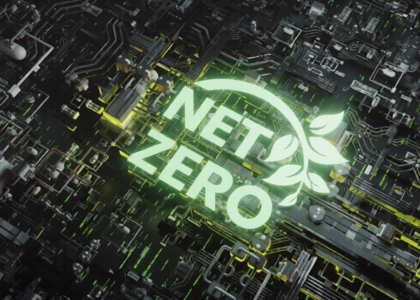Everywhere we turn, the term “Net Zero” echoes from podiums, policy papers, and multinational pledges. It’s the centerpiece of climate strategy — a noble ambition to balance greenhouse gas emissions with removals.
But here’s the real question:
What does “Net Zero” actually mean for Africa?
And more importantly — who defines it, who benefits from it, and who bears the burden?

🌀 Net Zero: A Global Vision Built on Unequal Foundations
The concept of Net Zero originated in contexts where carbon footprints are driven largely by industrialization, large-scale consumption, and high-tech economies. Targets like 2050 or 2060 often assume the luxury of financial capital, advanced infrastructure, and decades of accumulated emissions.
But Africa’s situation is fundamentally different:
- The continent contributes less than 4% of global emissions, yet is disproportionately vulnerable to climate impacts.
- Many African countries are still grappling with basic energy access, with over 600 million people living without electricity.
- And when funding for “climate action” arrives, it often favors carbon markets or tech-led removals over adaptation, resilience, or local development priorities.
🔍 So… What Should Net Zero Look Like for Africa?
Net Zero, if it is to mean anything on this continent, must be redefined to reflect justice, equity, and local reality.
Instead of a strict emissions balancing act, it should center on:
1. Climate Resilience First
Before offsetting carbon, communities need to survive climate shocks. From drought-resistant agriculture to early warning systems and water infrastructure — resilience should be funded as a baseline, not an afterthought.
2. Energy Justice, Not Just Clean Energy
Africa’s clean energy transition must prioritize access, affordability, and inclusion — not just solar megaprojects that serve export markets or urban centers. Distributed renewable energy, local jobs, and ownership must lead.
3. Nature as a Partner, Not a Commodity
While Africa hosts massive carbon sinks like the Congo Basin, forests are not just “offsets” for emissions elsewhere. Indigenous knowledge, biodiversity, and community stewardship must be at the heart of any conservation or carbon credit strategy.
4. Funding that Flows to the Frontlines
Only a tiny fraction of climate finance reaches community-based or grassroots organizations. Net Zero efforts must be transparent, equitable, and locally driven — not extractive.

🗣️ A Different Voice, A Different Vision
As Amb. Canon Otto said recently at the Global Sustainability Summit:
“Net Zero must not become another imported ambition — it must be translated, adapted, and rooted in the soil of African reality.”
To that end, Africa does not need to mimic the Global North’s pathway. We must carve a new one — one where Net Zero is not only about reducing emissions, but also restoring dignity, equity, and opportunity.
🔔 What Can We Do?
- 💬 Challenge the narrative — Ask how Net Zero policies affect rural farmers, coastal communities, or informal workers.
- 💡 Elevate local innovations — From clean cookstoves to regenerative farming, real solutions are already emerging.
- 🔁 Reframe Net Zero as a social goal — one tied to jobs, justice, and local prosperity — not just metrics on a spreadsheet.

In Summary
Net Zero is more than a goal. For Africa, it is a crossroads.
Will it be another imposed framework? Or will it become an opportunity to redefine sustainability through our own lens — rooted in justice, guided by resilience, and powered by people?
At SustainabilityUnscripted, we choose the latter.
And we invite you to walk that path with us — unscripted, but unwavering.







